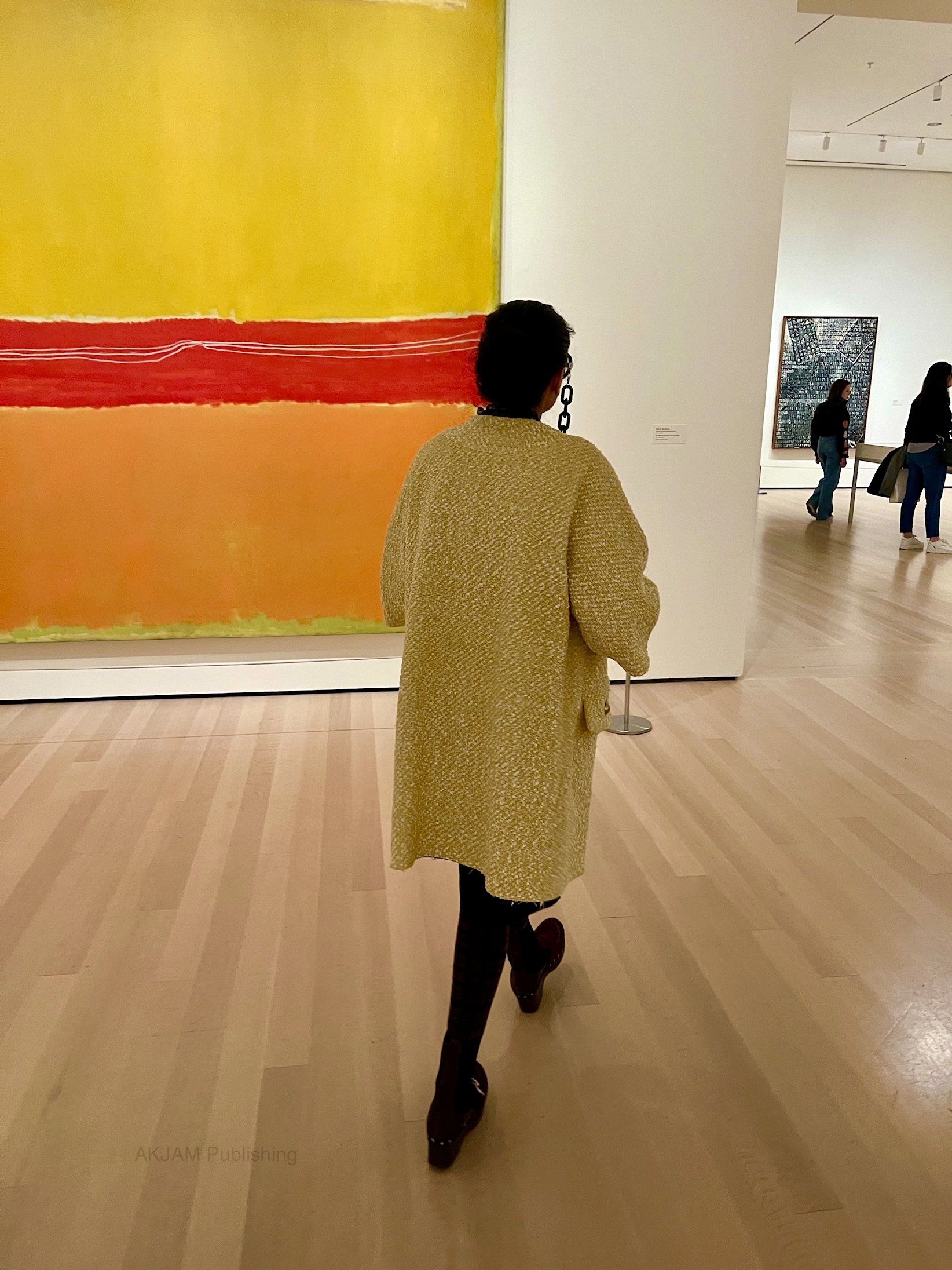Peter Pan, PhD Lives On… And On, And On: The Book On Not Aging
Book: Lifespan- Why We Age and Why We Don’t Have To (2019)
Author: David Sinclair, PhD
Wrinkles, grays, aches and pains. The process of aging is now more commonly accepted as a disease. Prevention of ubiquitous “over-the-hill” characteristics are hard-fought by the masses. Notice the billion dollar worth of the beauty and pharma industries? Most will do anything to stop the physical and functional deterioration- injections, herbalists, therapists.
Biologist David Sinclair, PhD contends that humans can live forever without common advanced age ailments. In Lifespan, Dr. Sinclair discusses his research on the most basic organism humans are related to, yeast. His work relies mainly on sirtuin (SIRT) proteins and how to target them to defy age-related maladies. From eating, supplementing, and living, the book covers why and how aging occurs, and how to stop it. It also discusses ameliorating the negative consequences of societies with advanced-age citizens.
The real question is: Should life last forever?
Out of the many valid findings and perspectives laid out in “Lifespan”, a few viewpoints are lacking. The regimen Sinclair concludes is fundamental to not experiencing the disease of aging while increasing in age, may impact eating disorders, imbalance the gut-brain axis, and increase overkill.
“Your generation, just like all the ones that came before, didn’t do anything about the destruction that is being done to this planet, and now you want to help people live longer. So they can do more damage to the world?”
Slicing It Thin
One of the collective findings based on Sinclair’s research suggests that starvation, movement, and cold increase longevity. That means to not age and live longer: don’t eat, exercise a lot, and basically freeze. Probably the most rational yet dumbest proposal I have ever read. Why? Because these increase the survival mechanisms of sirtuins and other factors, like brown fat mitochondria, that work overtime to fight aging processes through cellular signaling and genetic correction (epigenetic enhancements). Benjamin Franklin and Ayurveda avow by not eating until hunger is felt and in portions that do not exceed fullness (eat until hunger is no longer felt). It is imperative to consider that not everyone can follow the less eating-more moving formula in a healthy way due to their personal body energies. Food restriction plus excessive exercising is the prescription of anorexics. It has been shown that extreme limitation of food increases SIRT1 levels and anxiety, but suppressing SIRT1 can impede anorexia.
Gutting The GBA
Sinclair misses the opportunity to include the role of the gut-brain axis (GBA) in his analysis. Thousands of years of Ayurvedic science has maintained that most aging and health issues originate from an unhealthy gut. More recent research has taken more seriously the impact of gut health on the nervous system, especially degenerative diseases, and inflammation. Lifespan should have included how sirtuins alleviate Alzheimer’s and prevent common ailments such as inflammatory bowel disease (IBD) and colon cancer. SIRT2 and resveratrol are involved in preventing colorectal and liver cancer, but SIRT7 may promote colorectal cancer. Inflammation is a key driver of aging and related diseases, so a discussion of IBD and gut microbiome health would have been beneficial to the reader looking to prevent aging as a disease.
To Eternity
Health will improve to the point where we get to decide time of death. Dr. Sinclair proposes that the decision to die can come after certain life stages and bearing witness to meaningful personal events. He uses the example of choosing to die after seeing grandchildren accomplish certain life goals. But, what keeps someone from wanting to see the next generation, then the next accomplish their goals and helping them with those achievements? He also defends how healthy old age can be good for the economy making the world a place where ‘old people are not a burden on society’. Sinclair’s 16-year old son Alex expressed that living forever is pointless when all we see is destruction- war and environmental destruction.
In Lifespan, Dr. Sinclair discusses the cellular reasons of aging and proposes methods to prevent common aging ailments. He provides his regimen of skipping lunch, taking nicotinomide mononucleotide (NMN) supplements, avoiding sugar, and exercising among many other undertakings.
Bottom Line
We can delay a lot of negative life experiences, even escape them. Obviously, dying in one’s sleep or of one’s own accord is the preferred MO. Who wants to get old, ugly and die in a state of pain from arthritis, cancer or dementia. But living forever? On one hand, just die and stop taking up space, and stop waiting to see more destruction or be part of it. On the other, in the way Sinclair proposes a Neverland-like living and world, choosing when to die, working in a job you love forever, and fixing all the bad, is ideal. Not sure which cellular pathway or enzyme will fix the greed that makes this wonderful world go ‘round.
Other than that, “Lifespan” is an informative book for those who are not in the area of aging research or science. I have yet to be convinced that a single protein or cellular pathway is the answer to all of our ails. We have seen from countless mono-treatments that diseases function with more complexities and panaceas do not exist. While healthcare for the whole body and mind gains more attention in research and societal groups, we can use that information to delay or inhibit diseased aging.










